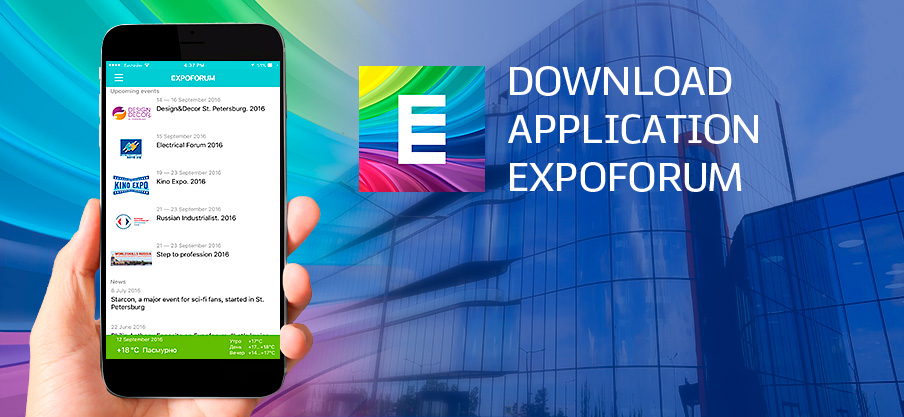The Import substitution centre presented in St Petersburg
On March 18, at the ‘Ecology of Big City’ International Forum and the ‘Housing and Utilities in Russia’ exhibition a presentation of the Import Substitution Centre being one of the key projects of ExpoForum-International aimed at promoting Russian manufacturers and the formation of new market niches took place.
According to Stanislav Nevzorov, Director of the Import Substitution Centre, the centre will become a permanent showcase site for Russian companies able to introduce competitive products instead of foreign, “The project aims at reducing the share of imported equipment and components and becoming a platform integrator for efficient search for demand and supply of products and services in the industrial sector. Conference rooms, business contact exchange, meeting rooms necessary to form business relationships, will be available to the participants of the Centre on a permanent basis”.
Stanislav Nevzorov also added that the business programme of the Centre has already started. As part of the ‘Ecology of Big City’ forum, a scientific and practical conference on the formation of an industrial infrastructure in the public procurement system and a roundtable discussion on the formation of the Expert Council of the Import Substitution Centre were held. Seminars and roundtable discussions on various topics are scheduled for March-May 2015 as well, so the members of the Expert Council of the Centre will be engaged in development of proposals for sectoral programmes of import substitution. These proposals will be further presented to public corporations at the St. Petersburg International Economic Forum (SPIEF). Exposition of the Centre will be available for visitors at Lenexpo in the summer of 2015.
In turn, Andrei Bleyer, Deputy Head of Rostekh’s representative office in St. Petersburg, stressed that, given the severity of the import substitution problem in high-tech economy sectors, the Centre experts will have a lot of work: “We will have to radically reconsider cooperation links and focus them on the internal potential, which somewhere needs to be created or updated. In this difficult period real import substitution requires not only money, but also time and knowledge”.
We should recall that the need to establish the Centre was caused by the strong dependence of the industry branches of the Russian Federation on foreign supplies, equipment, components and technologies. In the machine tool industry this dependence is 90%, in the radio-electronic industry – 85%, in the consumer goods industry – 80%, in the pharmaceutical and medical industry – 75%. The Ministry of Industry and Trade of the Russian Federation set a target of reducing the dependence on imports by 1.5 by 2020. In the production of arms and military equipment such dependence should be reduced to almost zero.

 Calendar
Calendar
 Online application
Online application
 Map
Map
 How to get
How to get


